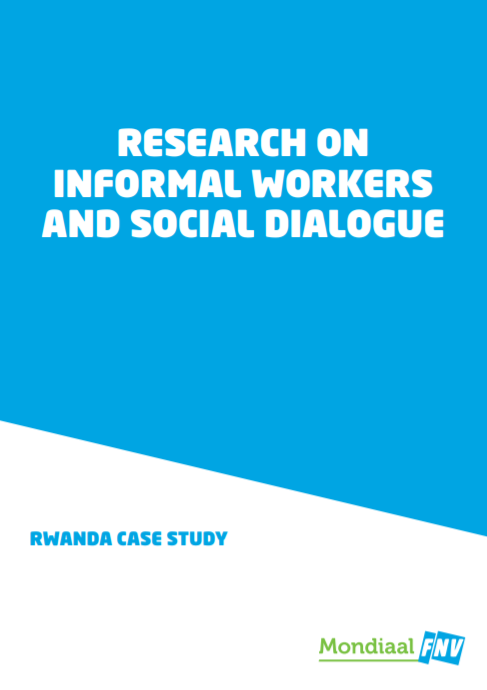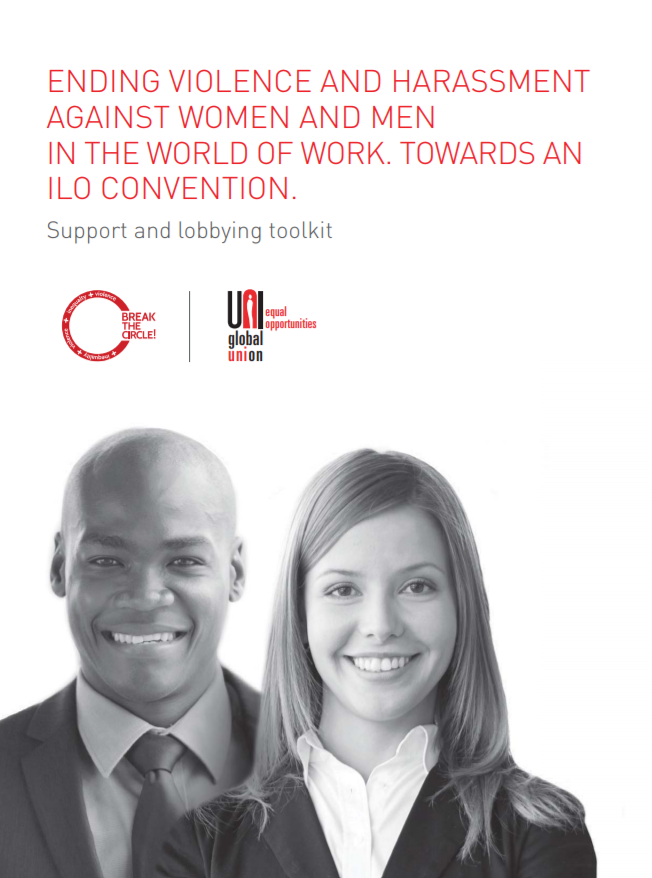
Country Information & Practical Advice on Freedom of Association & Collective Bargaining: BANGLADESH
Summary
Freedom of Association (FoA) and Collective Bargaining (CB) are covered by two ILO core Conventions. Brands are Expected to respect these rights. This factsheet contains the most important information about FoA and CB in Bangladesh and provides practical tools for brands to get started.
In addition, CNV International has developed a general factsheet about this topic.
For the original source, click here







